Home>Home Maintenance>Whom To Call For Drainage Issues Around House
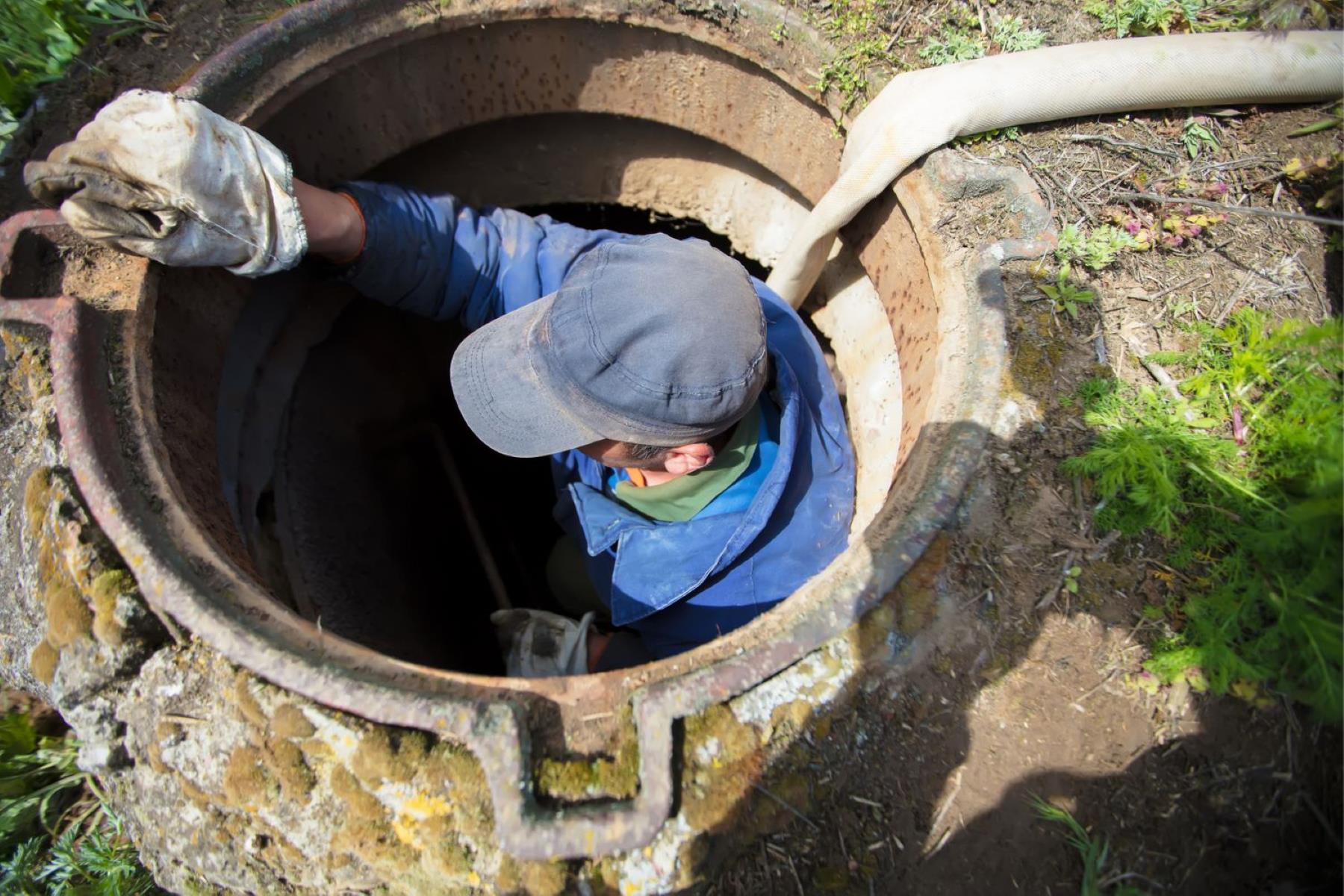

Home Maintenance
Whom To Call For Drainage Issues Around House
Modified: March 7, 2024
Looking for professional help with drainage issues around your house? Contact our expert team for reliable home-maintenance services.
(Many of the links in this article redirect to a specific reviewed product. Your purchase of these products through affiliate links helps to generate commission for Storables.com, at no extra cost. Learn more)
Introduction
Having proper drainage around your house is crucial for maintaining the structural integrity of your property and preventing water damage. It’s common to encounter various drainage issues that can wreak havoc if left unaddressed. From pooling water in your yard to water seeping into your basement, these issues can cause erosion, mold growth, and even foundation damage.
In this article, we will explore the most common drainage issues around the house, discuss the importance of addressing them, and provide guidance on whom to call for professional assistance. We will also offer some do-it-yourself solutions for minor drainage problems, giving you the knowledge and tools to tackle them on your own.
So, whether you are facing a flooded yard after heavy rainstorms or noticing dampness in your basement, this article will help you understand the significance of proper drainage and guide you towards finding the right solutions to prevent further damage.
Key Takeaways:
- Proper drainage around your house is crucial to prevent water damage and maintain a healthy environment. Addressing common issues promptly can save you from costly repairs and preserve your property’s value.
- For minor drainage problems, DIY solutions like clearing gutters and redirecting downspouts can be effective. However, for severe issues, seeking professional help from drainage contractors or specialists is essential to protect your home.
Read more: How To Improve Drainage Around The House
Common Drainage Issues Around the House
When it comes to drainage issues, there are a few common problems that homeowners often encounter. Understanding these issues will help you identify and address them before they escalate into more significant problems. Here are some of the most common drainage issues around the house:
- Poor yard drainage: One of the most prevalent issues is poor yard drainage, which often manifests as standing water after rainstorms. This can create a breeding ground for mosquitoes, damage plants, and create an overall unpleasant outdoor environment.
- Gutter problems: Clogged or damaged gutter systems can lead to water overflowing and pouring directly onto the ground near the foundation of your home. This excess water can seep into the basement or crawl space, causing water damage and potential foundation issues.
- Improper grading: If the ground around your house is not properly sloped away from the foundation, water can accumulate near the base of your home. This can result in water seepage into the basement or crawl space, leading to mold growth and structural damage.
- Sump pump issues: A malfunctioning or inadequate sump pump can be a significant concern, especially in areas prone to flooding. Without a functional sump pump, excess groundwater can accumulate in the basement, causing water damage and compromising the structural integrity of your home.
- French drain problems: French drains are designed to redirect water away from your home’s foundation. However, if these drains become clogged or damaged, water can back up and cause water pooling or even basement flooding.
These common drainage issues can lead to serious problems if not addressed promptly. It’s essential to understand the implications of these issues and take proactive measures to avoid further damage to your property.
Importance of Addressing Drainage Issues
Addressing drainage issues around your house is of utmost importance to maintain the integrity of your property and prevent costly damage. Here are a few reasons why addressing these issues should be a top priority:
- Preventing foundation damage: Excess water accumulation near the foundation can lead to the erosion of soil, which can then cause foundation settlement or shifting. This can result in cracks in the foundation, compromising the stability of your entire house.
- Avoiding basement flooding: Poor yard drainage, malfunctioning sump pumps, or other drainage issues can result in water entering your basement. This can lead to extensive water damage, ruin your belongings, and create a breeding ground for mold and mildew.
- Preventing mold growth: Excessive moisture from poor drainage can create an environment conducive to mold growth. Mold not only poses health risks to you and your family but can also cause structural damage to your home if left untreated.
- Preserving landscaping: Without proper yard drainage, excess water can drown your plants and damage your landscaping. Addressing drainage issues ensures that your yard remains healthy and vibrant, protecting your investment in landscaping.
- Preventing water damage: Clogged or damaged gutters, improper grading, or faulty drainage systems can cause water to accumulate near your home, ultimately seeping into the building structure. This water damage can lead to expensive repairs and adversely affect your property’s value.
By addressing drainage issues promptly, you can safeguard your property, avoid costly repairs, and maintain a safe and healthy home environment. Whether it’s protecting your foundation, preventing basement floods, or preserving your landscaping, taking action to address drainage issues is key to preserving the long-term value and livability of your home.
Whom to Call for Drainage Issues
When it comes to addressing drainage issues around your house, it’s important to seek the expertise of professionals who specialize in drainage solutions. Here are a few options for whom to call when you’re facing drainage problems:
- Drainage Contractor: Hiring a professional drainage contractor is often the best course of action. These specialists have the knowledge and experience to assess your drainage issues, design effective solutions, and implement them professionally. They can install French drains, regrade your yard, repair or replace damaged gutters, and make recommendations for long-term drainage management.
- Landscape Architect or Designer: If you’re looking to address drainage issues while enhancing the aesthetics of your property, consulting a landscape architect or designer can be beneficial. They can create custom drainage solutions that blend seamlessly with your landscaping, ensuring both functionality and visual appeal.
- Foundation Repair Specialist: If you suspect that your drainage issues have already caused foundation damage, it’s crucial to consult a foundation repair specialist. They can assess the extent of the damage, provide expert advice on repairing and strengthening your foundation, and offer solutions to prevent further damage in the future.
- Plumber: If your drainage issues are related to plumbing systems, a licensed plumber can be a valuable resource. They can inspect and repair damaged or clogged pipes, install or repair sump pumps, and ensure that all plumbing fixtures are functioning properly to prevent water backup and flooding.
- Landscaping Contractor: If your drainage issues mainly affect your yard’s landscaping, consulting a professional landscaping contractor can be helpful. They can assess the topography of your yard, suggest grading techniques, recommend appropriate plant selections, and use methods such as rain gardens or swales to manage water runoff effectively.
Remember, it’s important to choose reputable professionals with experience in addressing drainage issues. Consider checking online reviews, asking for referrals from friends or neighbors, and requesting cost estimates and warranties before making a decision.
By reaching out to these professionals, you can ensure that your drainage issues are addressed properly, and effective solutions are implemented to protect your property from further damage.
Call a professional plumber or a drainage specialist to assess and fix any drainage issues around your house. They have the expertise and tools to properly diagnose and solve the problem.
Hiring a Professional Drainage Contractor
When it comes to addressing drainage issues around your house, hiring a professional drainage contractor can be a wise investment. These experts have extensive knowledge and experience in assessing drainage problems, designing effective solutions, and implementing them with precision. Here are some key considerations when hiring a professional drainage contractor:
- Research and Recommendations: Start by conducting thorough research on drainage contractors in your area. Look for companies with a solid reputation, positive customer reviews, and a track record of successful projects. Seek recommendations from friends, family, or neighbors who have dealt with similar drainage issues.
- Licensing and Insurance: Ensure that the drainage contractor holds the necessary licenses and certifications required by your local jurisdiction. Additionally, verify that they have adequate insurance coverage to protect you and your property in case of any accidents or damages during the project.
- Experience and Expertise: Choose a contractor with extensive experience in drainage solutions. Look for professionals who specialize in drainage-related services, as they will have the expertise to accurately diagnose the underlying issues and provide effective solutions tailored to your specific needs.
- Free Consultations and Estimates: Opt for contractors that offer free consultations and estimates. This allows you to discuss your drainage issues with them, understand their proposed solutions, and get a clear idea of project costs and timelines. It’s ideal to gather estimates from multiple contractors to compare their recommendations and pricing.
- Portfolio and References: Ask the contractor for a portfolio of their previous work and references from past clients. Viewing their portfolio helps you assess the quality of their work, while speaking with references allows you to gauge their level of professionalism, reliability, and customer satisfaction.
- Contract and Warranty: Before finalizing the agreement, ensure that you have a detailed contract that clearly outlines the scope of work, project timeline, payment terms, and any warranties or guarantees provided. Review the contract carefully and address any questions or concerns before signing.
- Communication and Transparency: Effective communication is essential throughout the project. Choose a drainage contractor who is responsive, communicates clearly, and keeps you informed about the progress and any potential challenges or modifications to the original plan.
By hiring a professional drainage contractor, you can benefit from their expertise, ensuring that your drainage issues are addressed correctly and effectively. With their assistance, you can have peace of mind knowing that your property is protected from water damage and that the drainage system will function optimally for years to come.
DIY Solutions for Minor Drainage Problems
Not all drainage issues require professional assistance. For minor problems, you can often implement simple do-it-yourself solutions. Here are some DIY tips to address minor drainage problems:
- Clear clogged gutters and downspouts: Regularly clean out leaves, debris, and other obstructions from your gutters and downspouts. This ensures that rainwater can flow freely, preventing overflow and water pooling near your home.
- Improve soil grading: Check the grading around your house and make sure the soil slopes away from the foundation. You can add topsoil or amend the existing soil to create a gradual slope, directing water away from your home.
- Install a rain barrel: A rain barrel can help divert water away from your foundation and prevent water pooling. Place the rain barrel below a downspout and use the collected rainwater for your garden or lawn irrigation.
- Redirect downspouts: Extend downspouts away from your home by attaching downspout extensions or splash blocks. This will ensure that water is discharged several feet away from the foundation, preventing water seepage into the basement or crawl space.
- Create a French drain: For small areas with water pooling, you can install a simple French drain. Dig a trench, line it with landscape fabric, add a layer of gravel, and cover it with soil and grass. This will help redirect water away from the problem area.
- Add porous paving: If you have areas that frequently accumulate water, consider using porous paving materials like gravel or permeable pavers. These allow water to seep through, reducing runoff and preventing water buildup.
- Plant water-loving vegetation: Introduce plants that thrive in damp conditions to areas with poor drainage. Species like bog flowers, irises, and willows can help absorb excess water, improving the overall drainage of the area.
- Monitor and repair leaks: Check for any leaks in your plumbing system, especially in areas like faucets, toilets, and irrigation lines. Repairing leaks promptly reduces excess water around your property.
- Use rain gardens: If you have a low-lying area in your yard that collects water, consider creating a rain garden. A rain garden is designed to capture and absorb rainwater, preventing runoff and allowing it to slowly infiltrate into the soil.
While these DIY solutions are effective for minor drainage problems, it’s important to remember that more severe issues may require professional assistance. If you’re unsure or the problem persists, don’t hesitate to consult a drainage contractor or other experts to ensure proper and lasting solutions.
By taking proactive steps and implementing these DIY solutions, you can mitigate minor drainage problems, improve the overall drainage around your house, and avoid potential water damage.
Conclusion
Proper drainage around your house is essential for maintaining the integrity of your property and preventing water damage. By understanding common drainage issues and the importance of addressing them, you can take proactive steps to protect your home and ensure a safe living environment.
When faced with drainage issues, consider whom to call for professional assistance. Drainage contractors, landscape architects, foundation repair specialists, plumbers, and landscaping contractors are all viable options depending on the specific issue you’re facing.
For minor drainage problems, you can implement simple do-it-yourself solutions. Clearing clogged gutters and downspouts, improving soil grading, installing a rain barrel, redirecting downspouts, creating a French drain, using porous paving, planting water-loving vegetation, monitoring and repairing leaks, and incorporating rain gardens are just a few DIY techniques that can help address minor issues.
Remember, it’s important to seek professional help for more severe or persistent drainage problems. Hiring a professional drainage contractor ensures that the issues are accurately diagnosed, appropriate solutions are implemented, and your property remains protected in the long run.
By addressing drainage issues promptly and effectively, you can preserve the structural integrity of your home, prevent basement flooding and mold growth, and maintain a healthy and vibrant outdoor environment.
So, whether it’s pooling water in your yard, clogged gutters, improper grading, sump pump malfunctions, or French drain problems, take action to rectify these drainage issues. Your home and peace of mind will thank you in the long run.
Frequently Asked Questions about Whom To Call For Drainage Issues Around House
Was this page helpful?
At Storables.com, we guarantee accurate and reliable information. Our content, validated by Expert Board Contributors, is crafted following stringent Editorial Policies. We're committed to providing you with well-researched, expert-backed insights for all your informational needs.
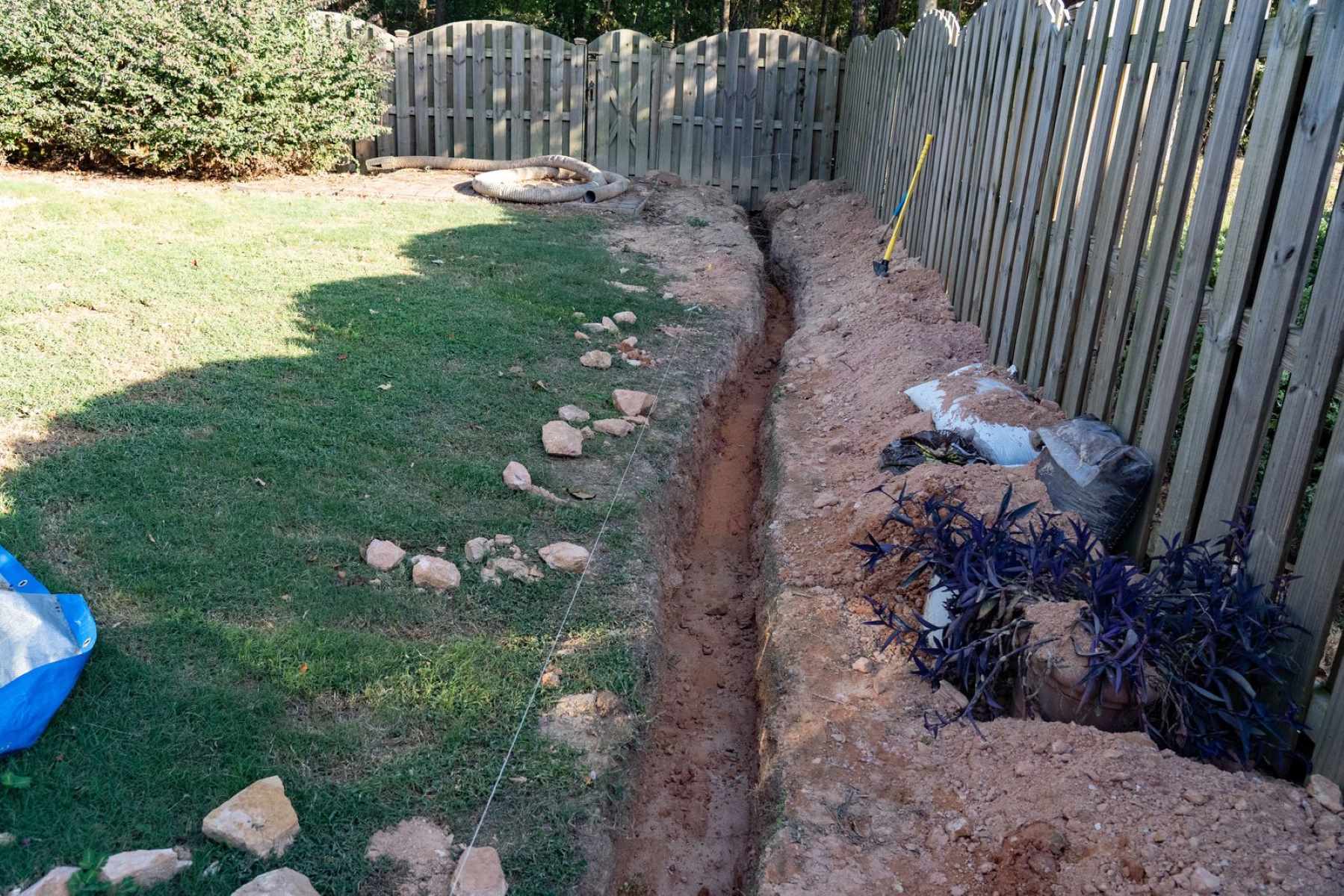
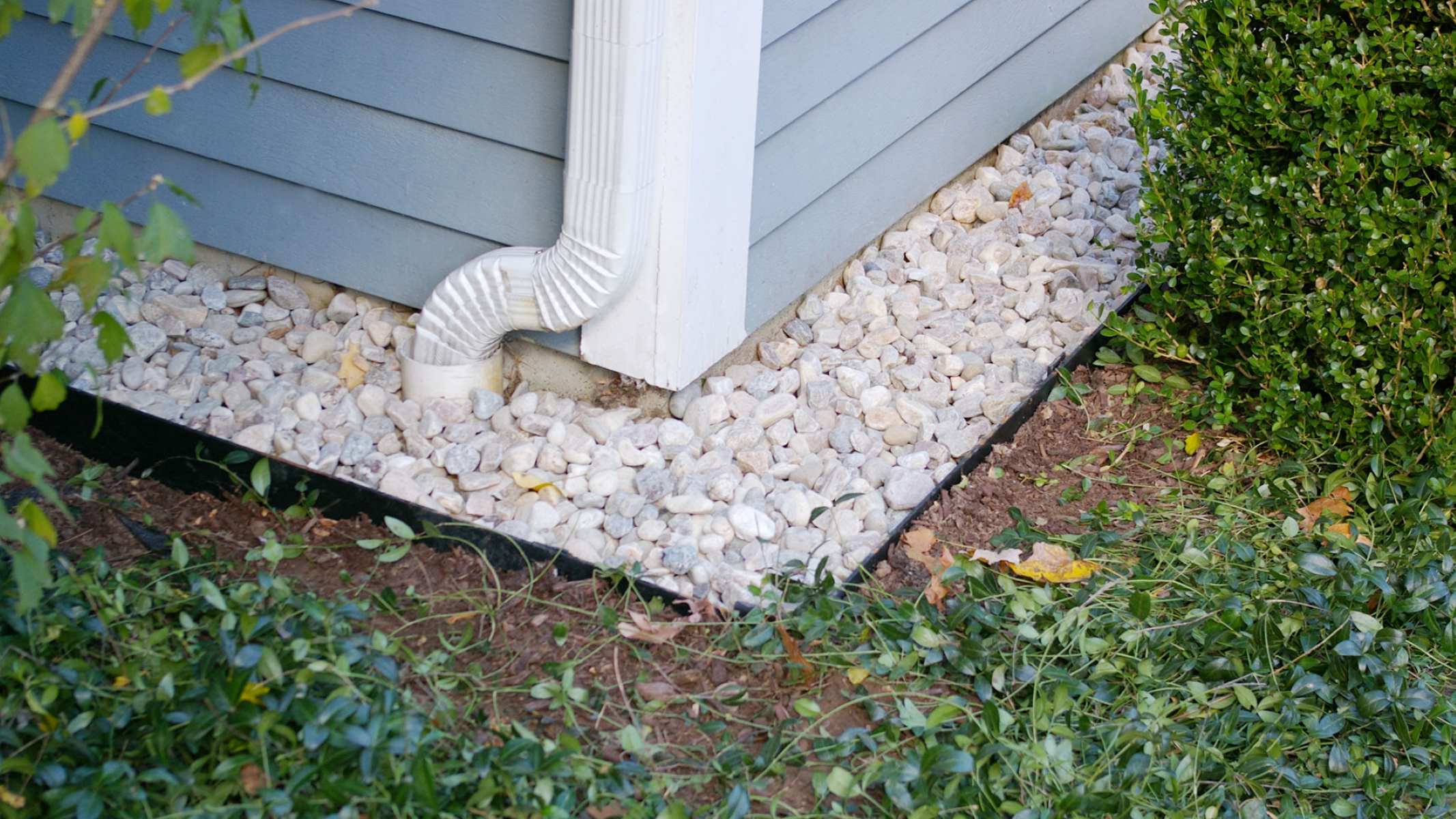
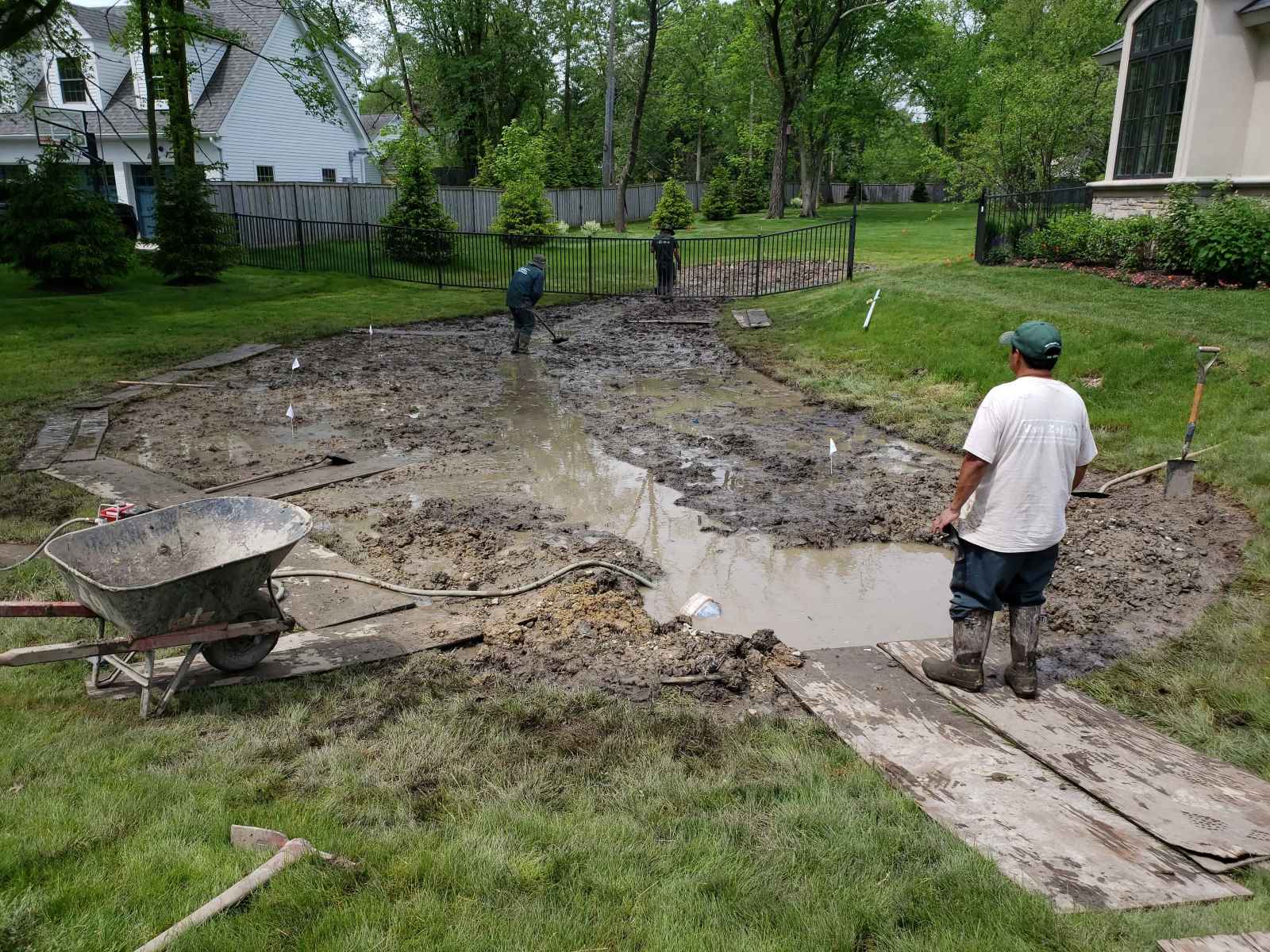
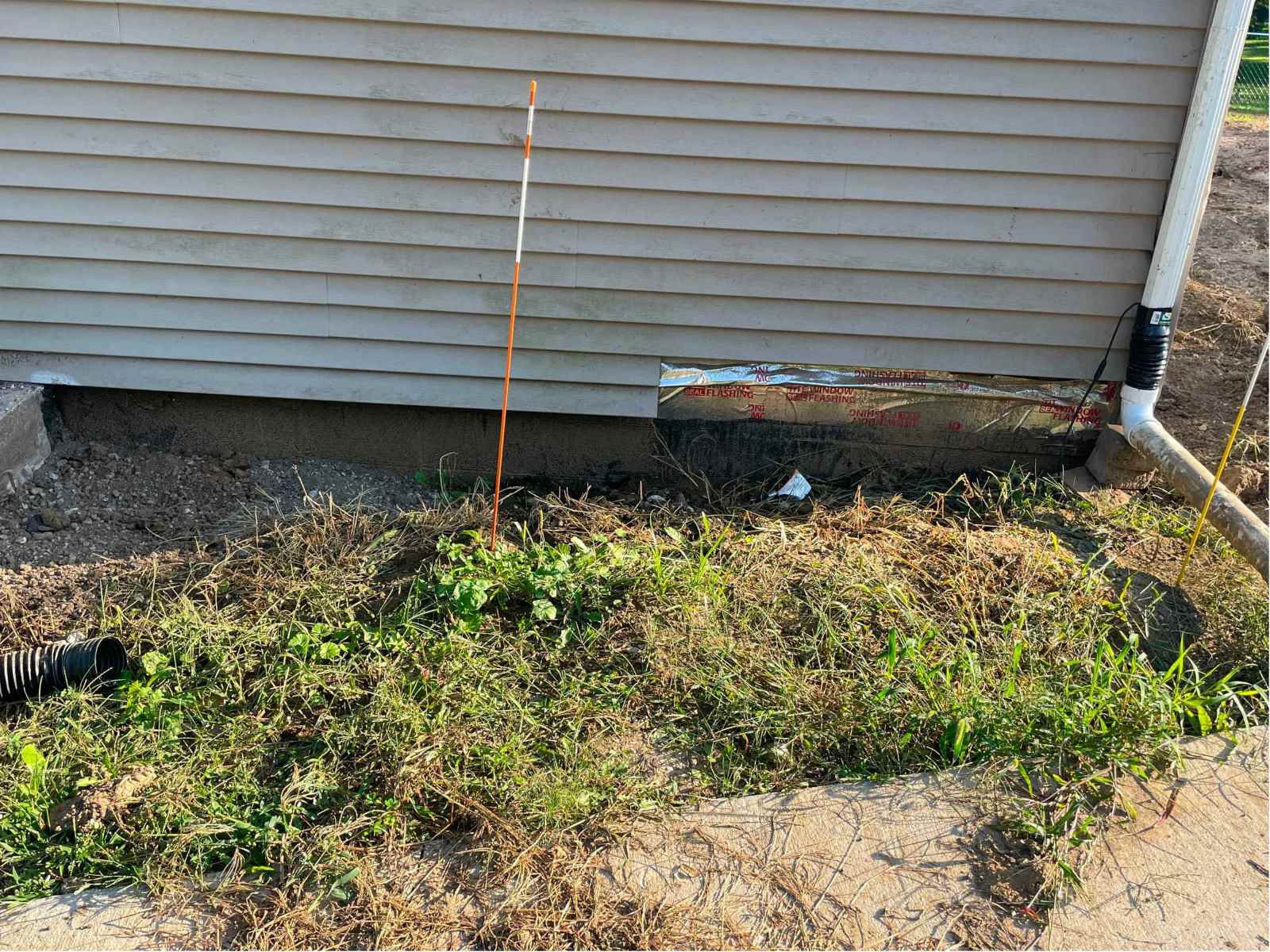
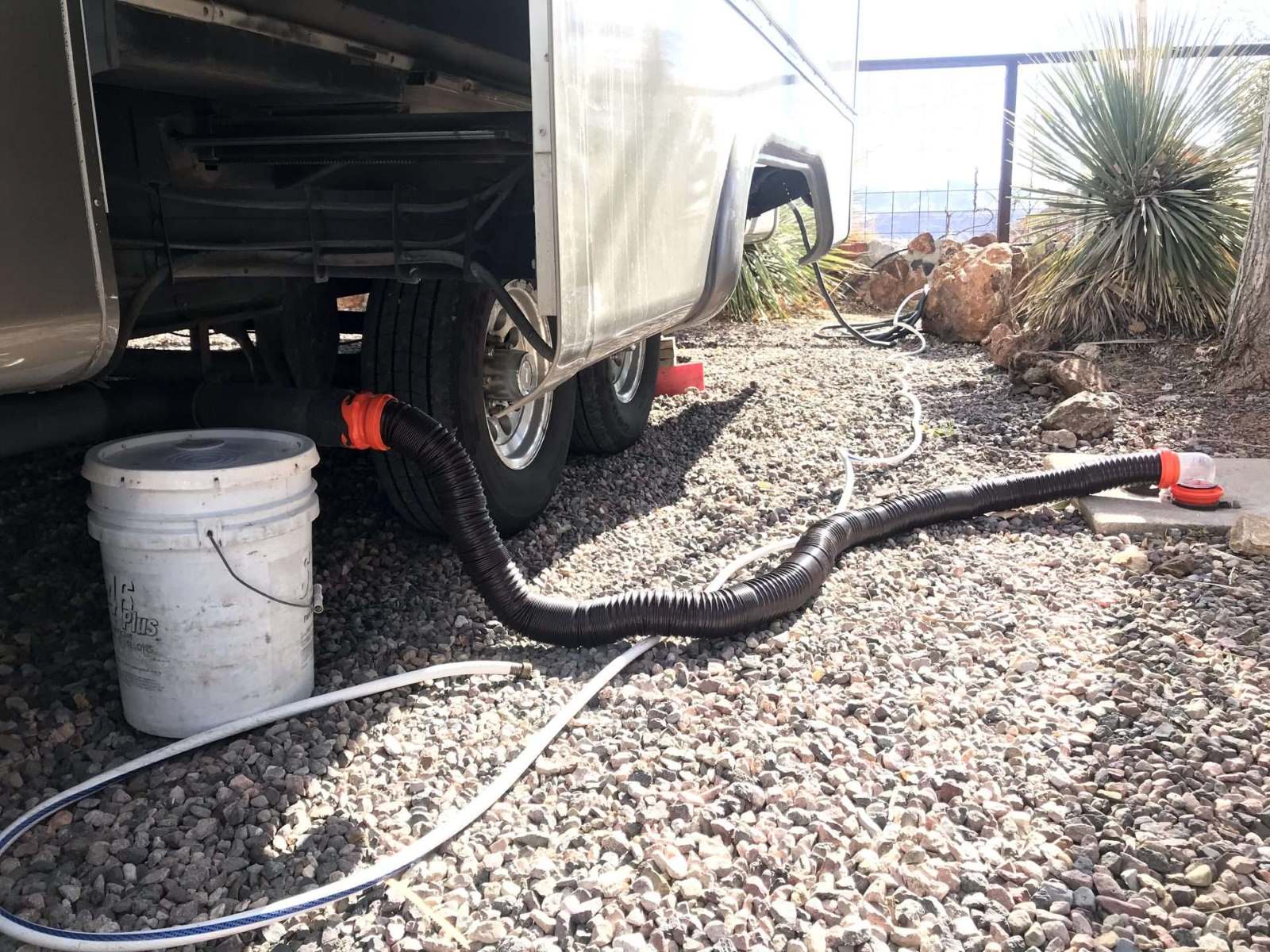
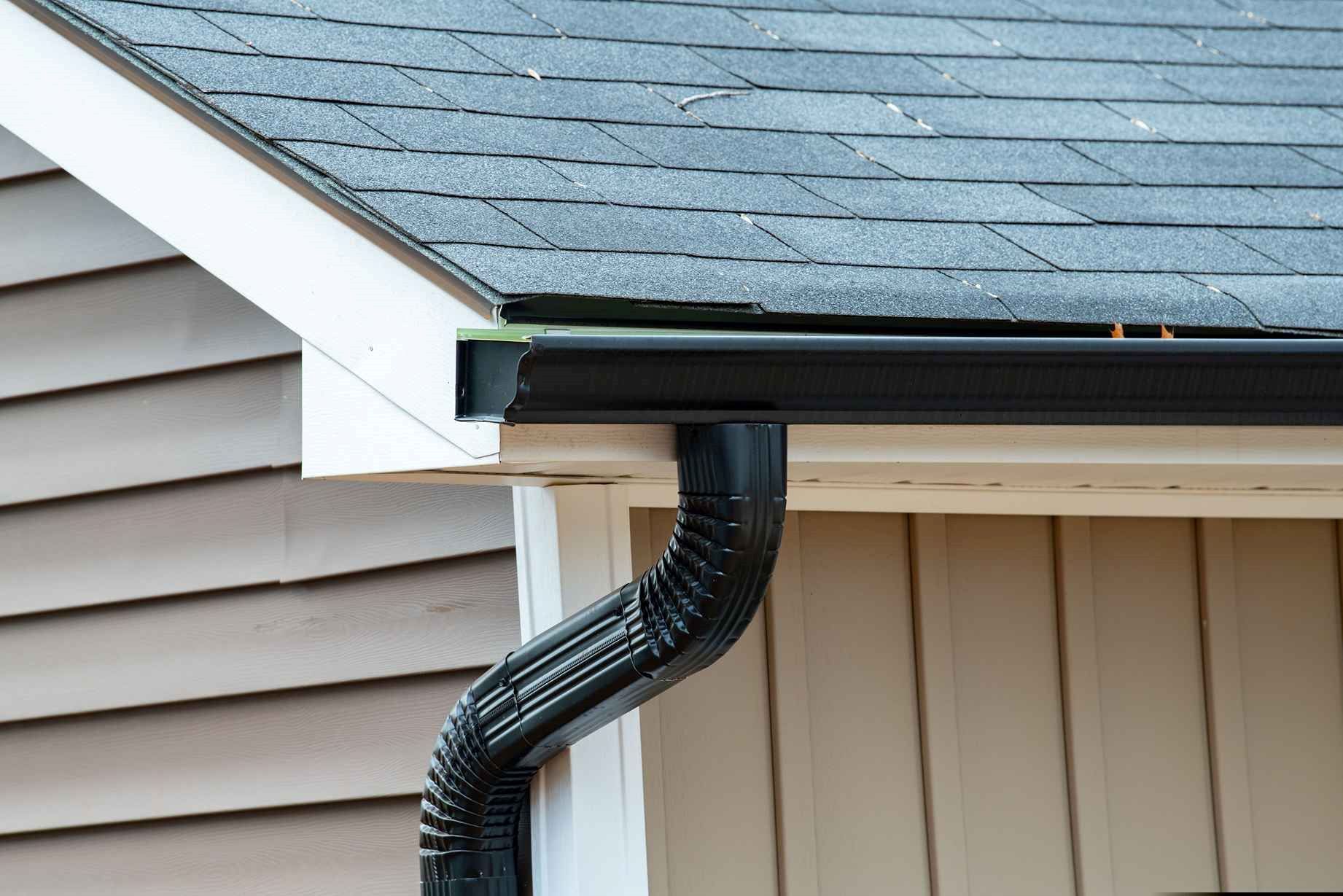
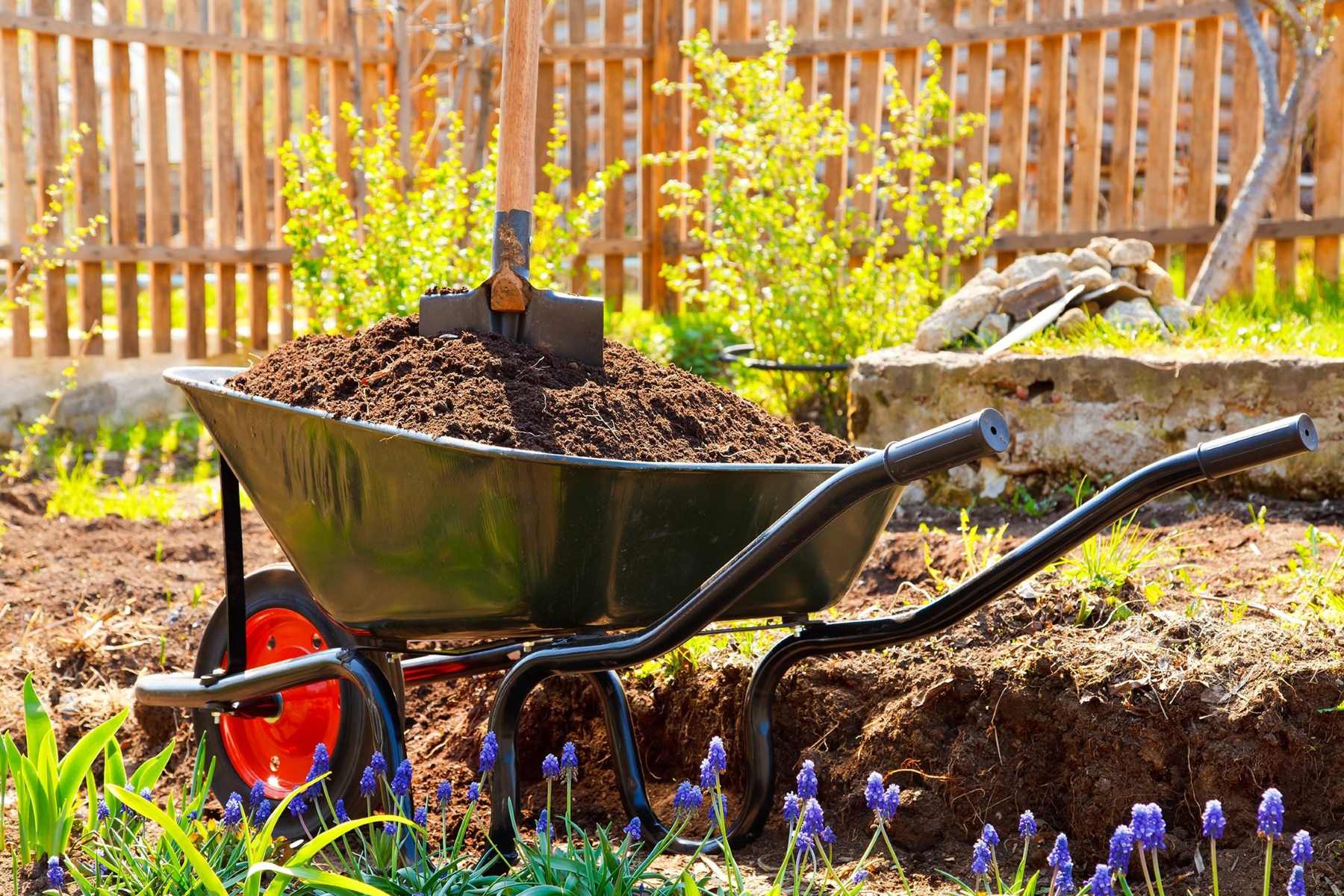
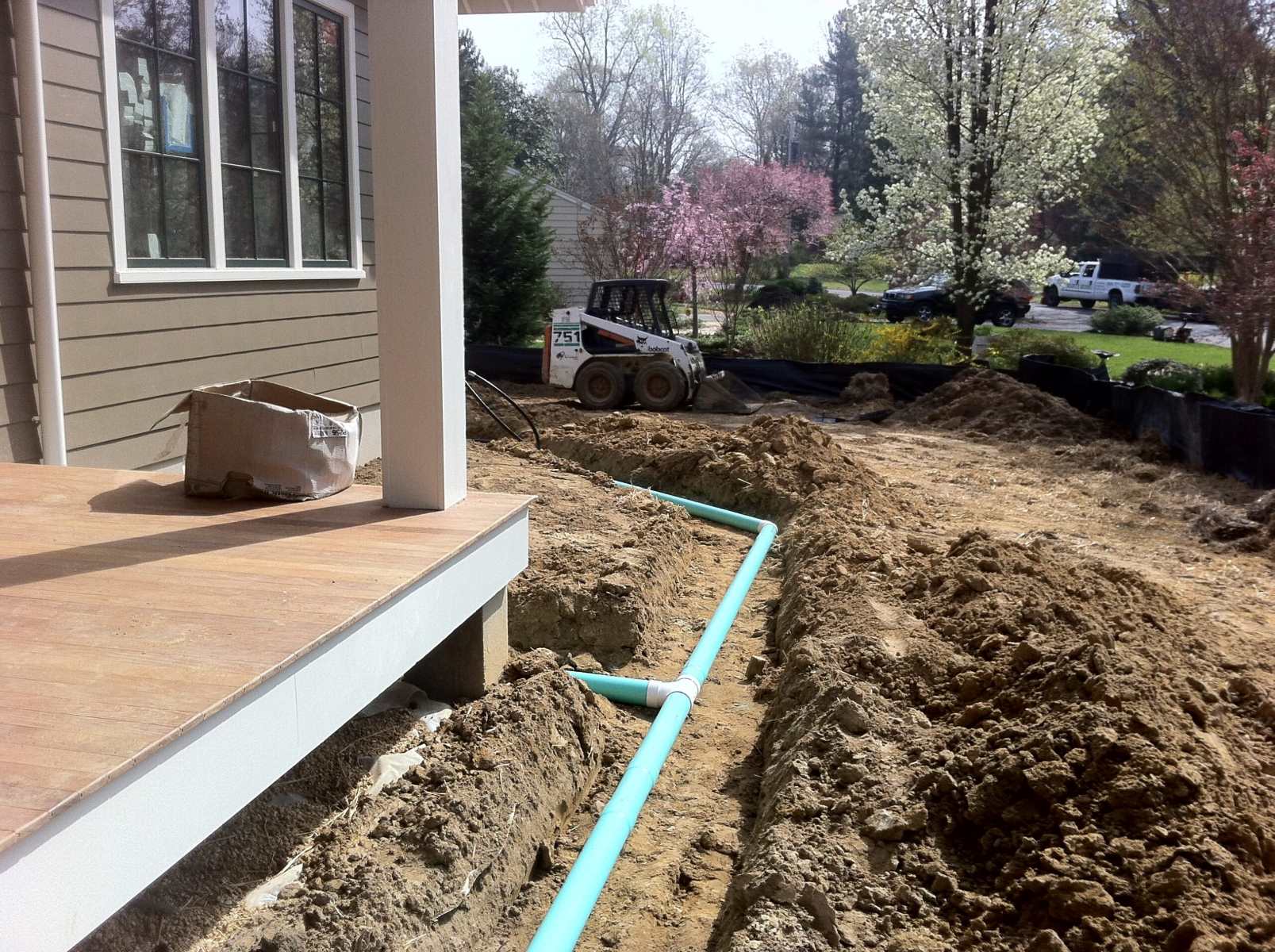
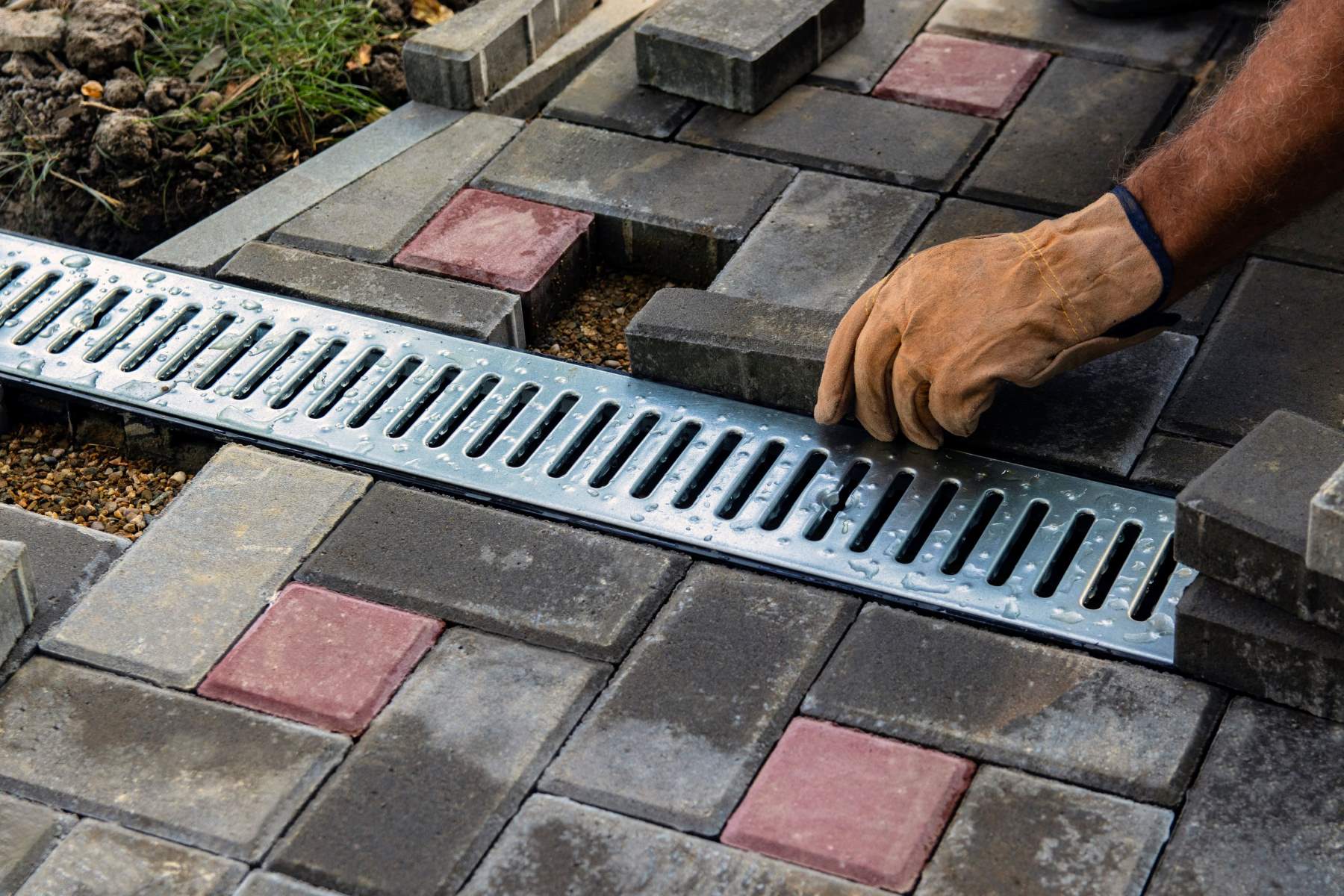
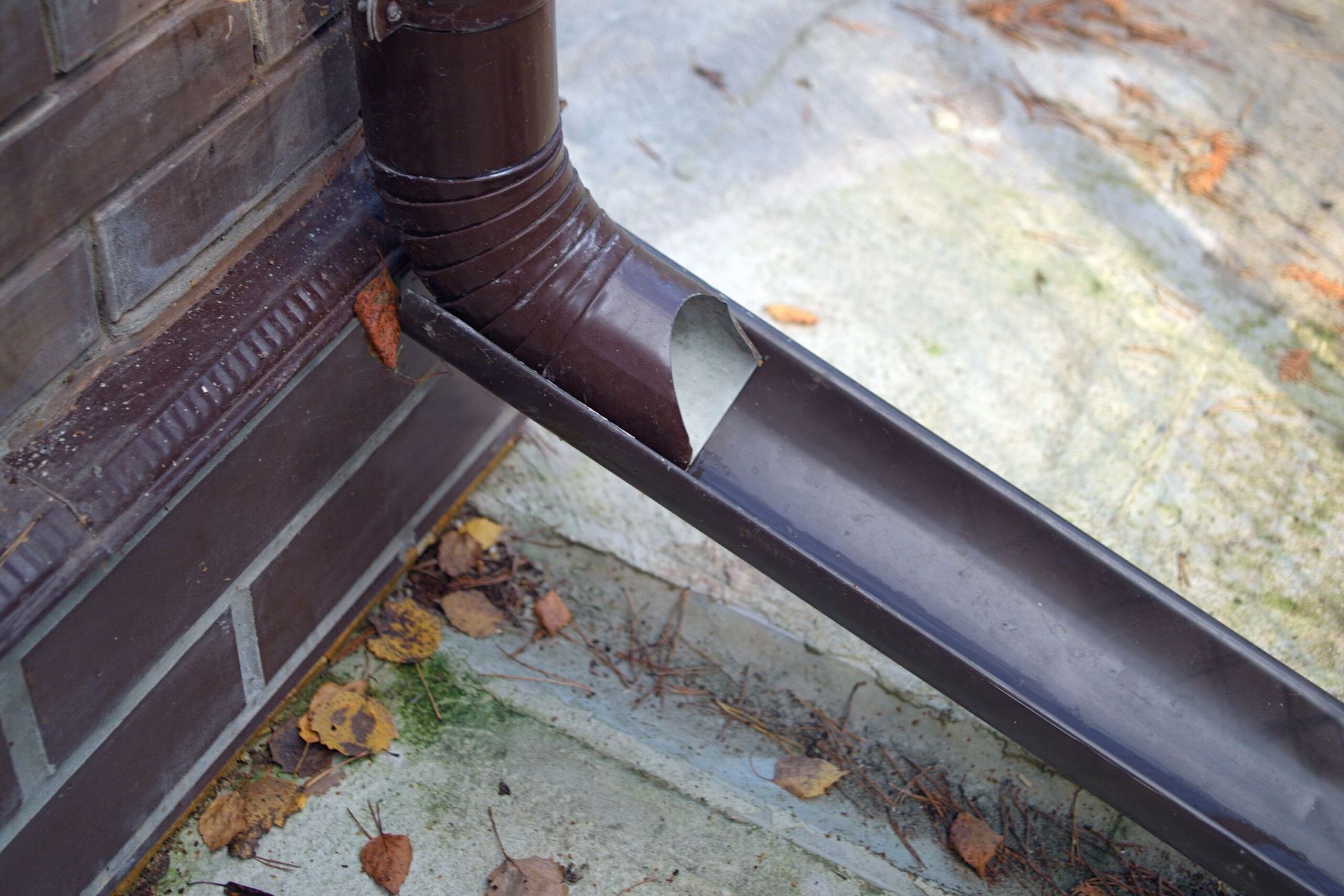
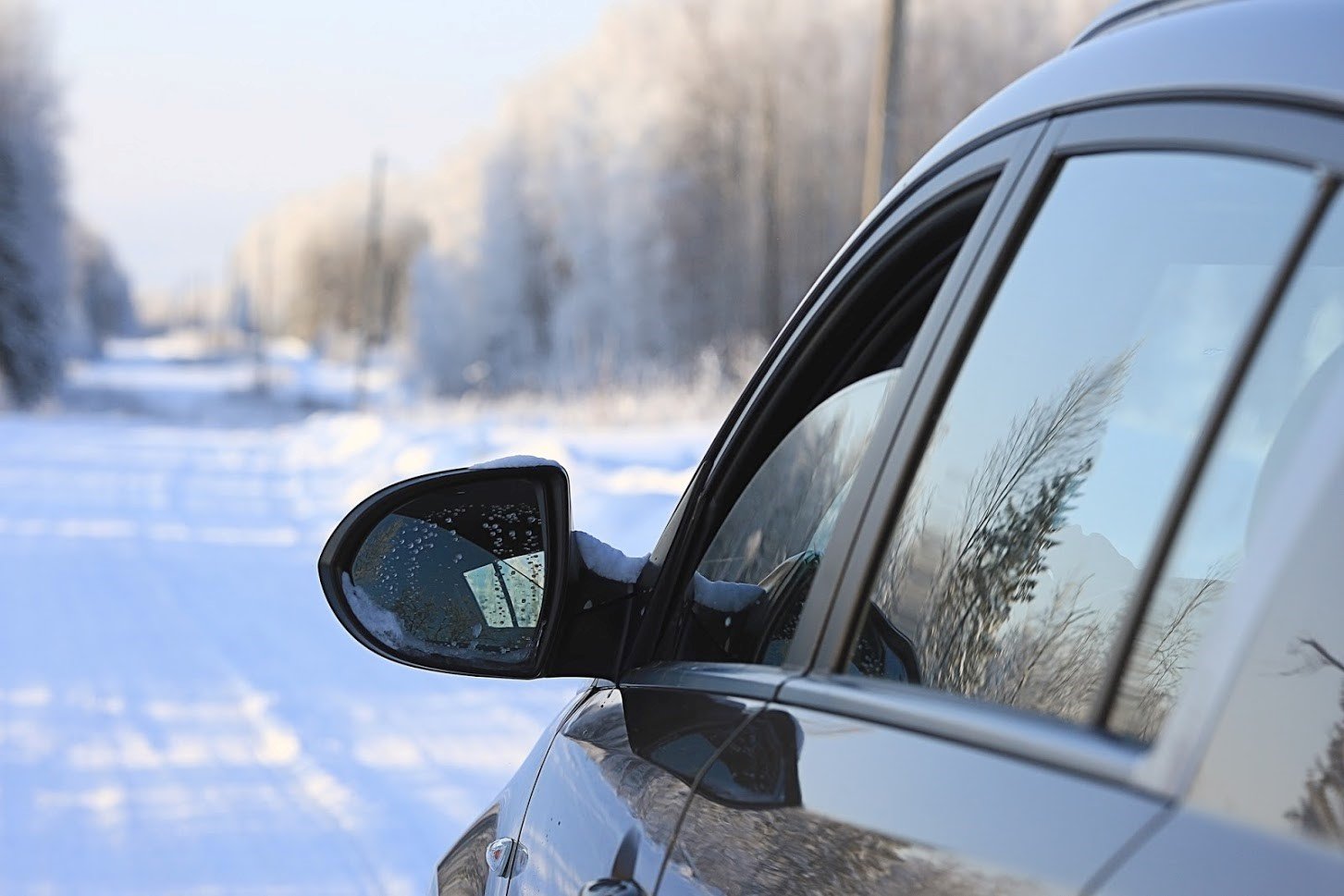
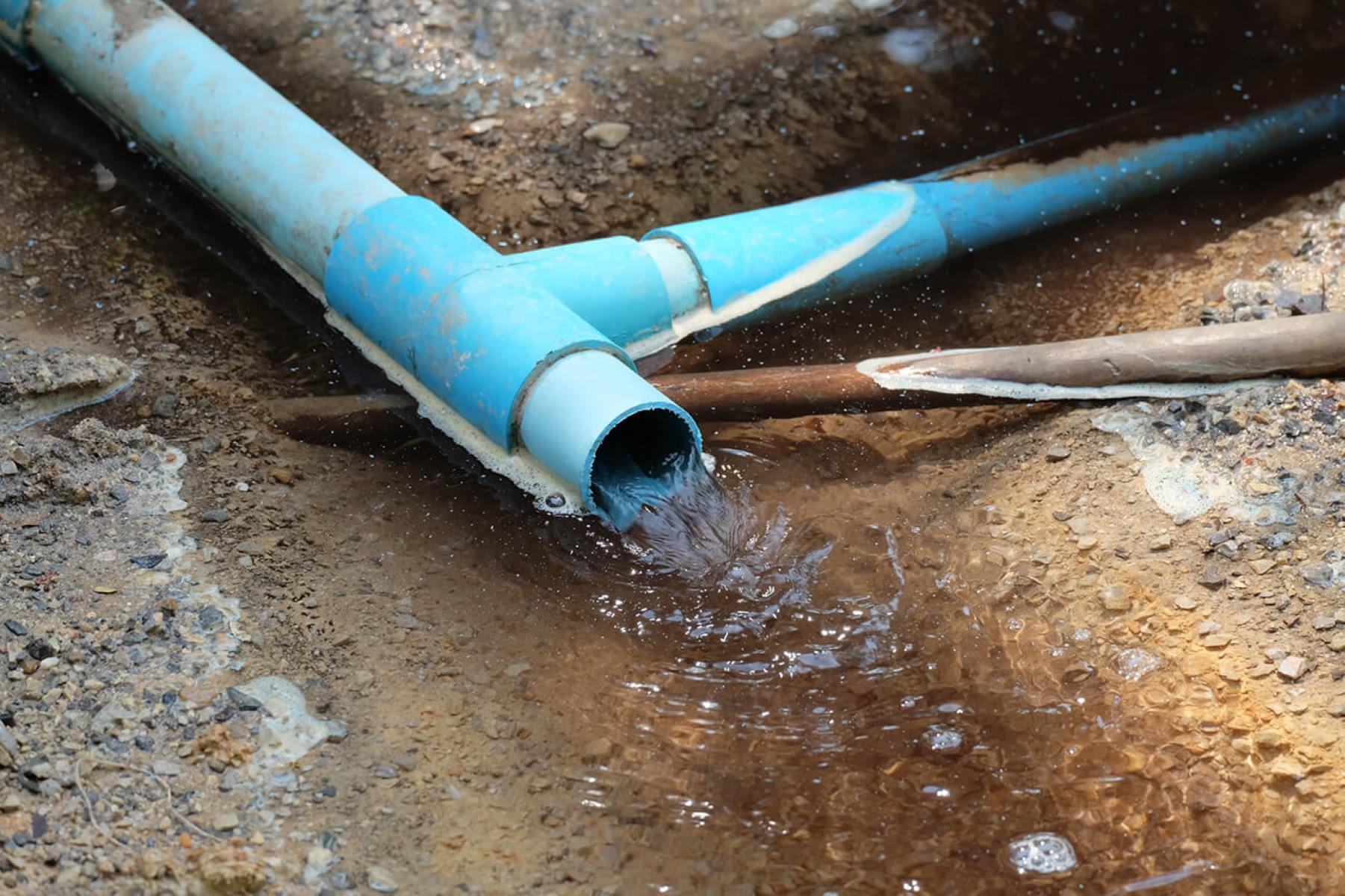
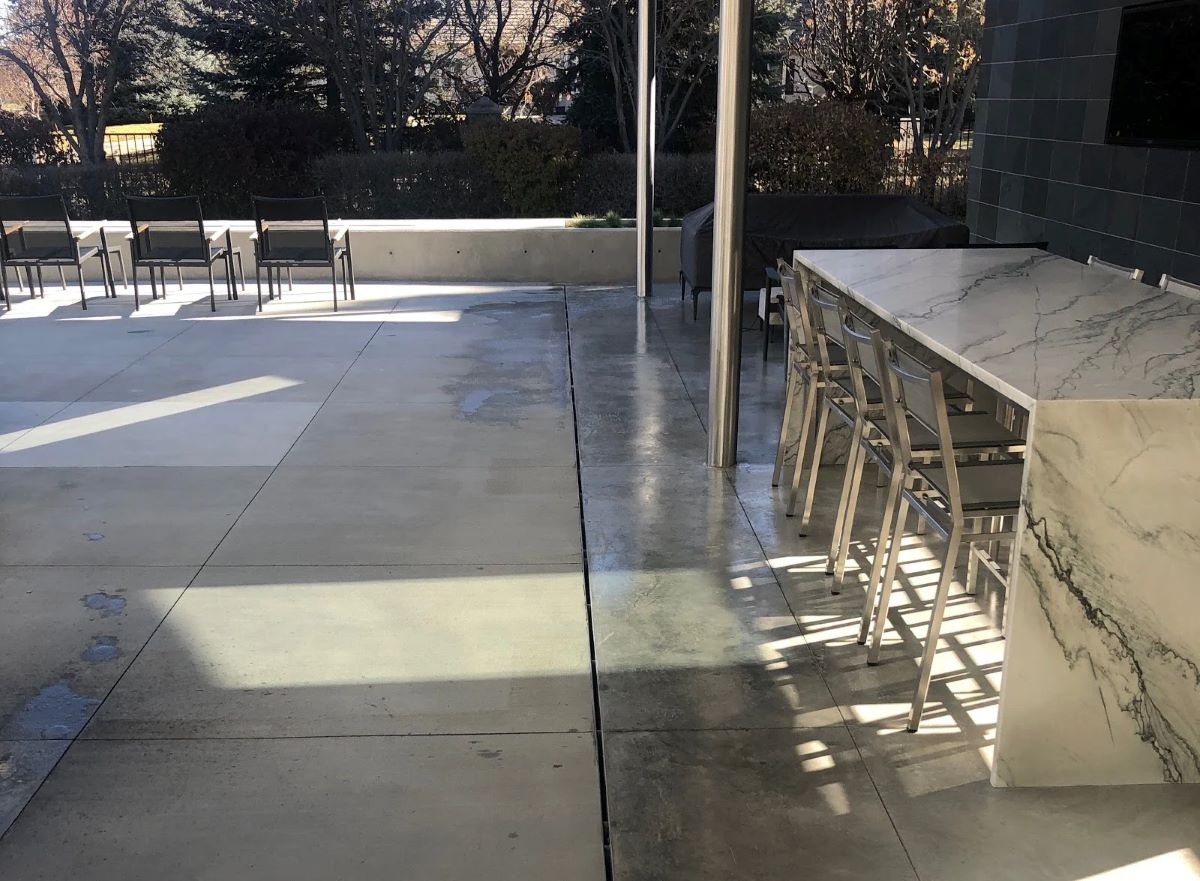
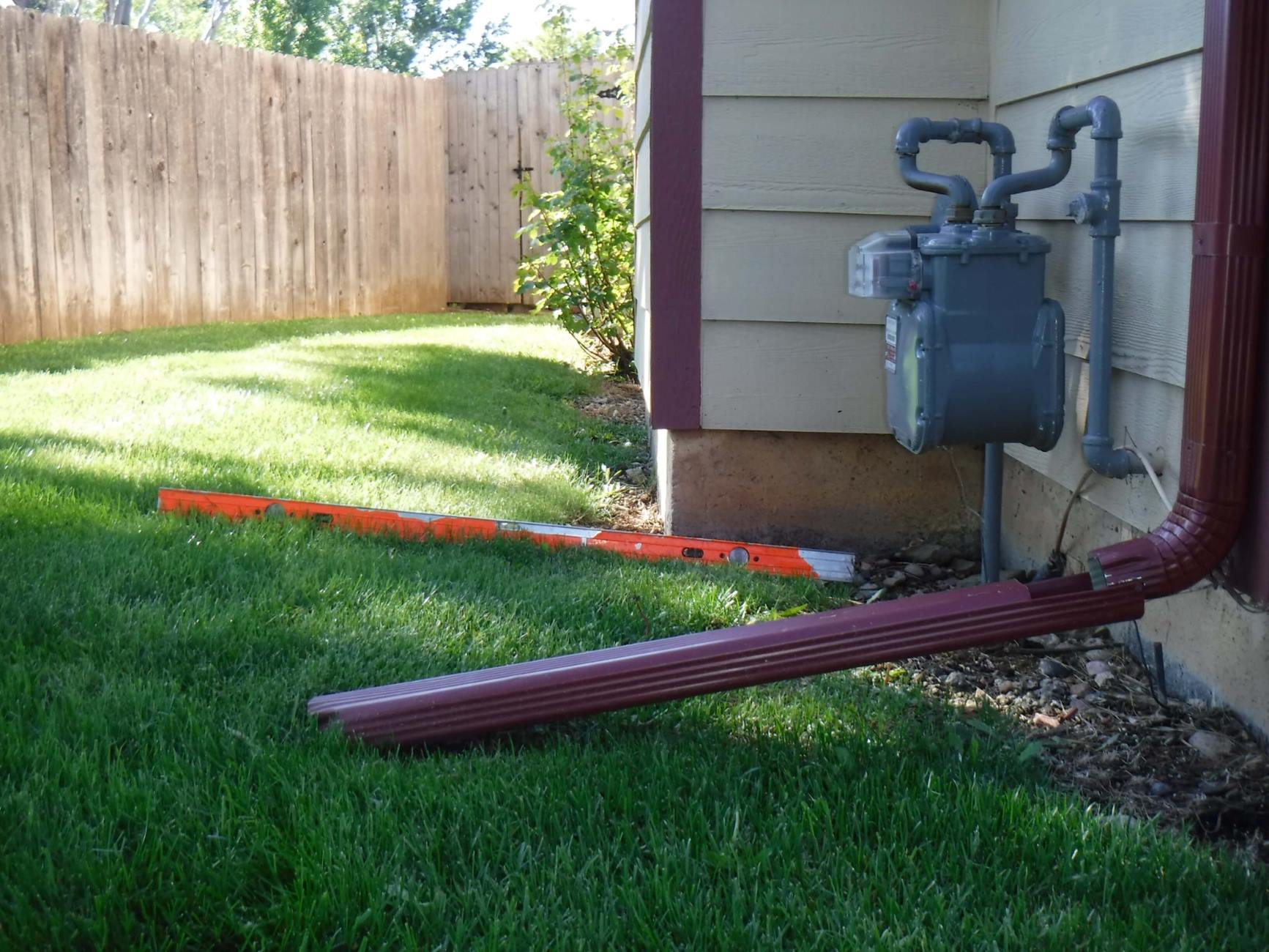

0 thoughts on “Whom To Call For Drainage Issues Around House”